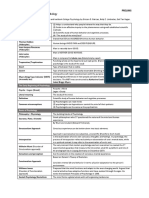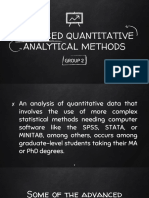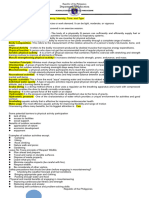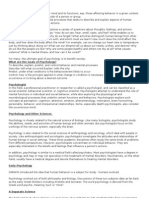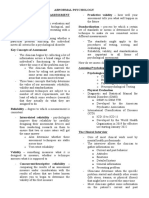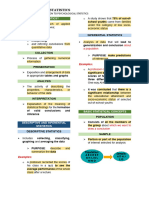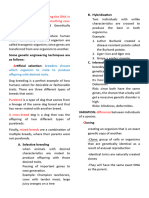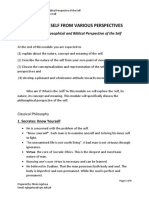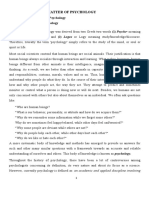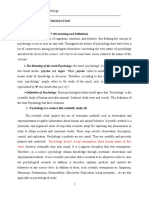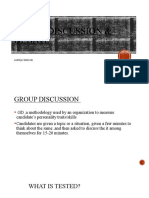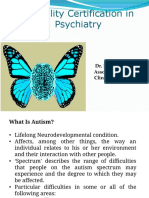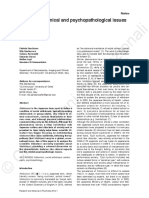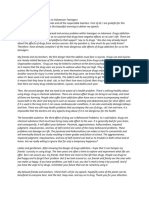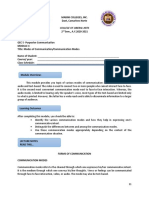0% found this document useful (0 votes)
2K views8 pagesModule 1 Unit 1 Lecture Notes Psych 111
This document provides an introduction to psychology as a behavioral science. It defines psychology as the scientific study of human and animal behavior. The document discusses the history and fields of psychology. It explains that behavior, both overt and covert, is the only aspect of humans and animals that can be directly observed and studied scientifically. The key methods of observing and studying behavior in psychology are described.
Uploaded by
Hanny Castillo GulpoCopyright
© © All Rights Reserved
We take content rights seriously. If you suspect this is your content, claim it here.
Available Formats
Download as PDF, TXT or read online on Scribd
0% found this document useful (0 votes)
2K views8 pagesModule 1 Unit 1 Lecture Notes Psych 111
This document provides an introduction to psychology as a behavioral science. It defines psychology as the scientific study of human and animal behavior. The document discusses the history and fields of psychology. It explains that behavior, both overt and covert, is the only aspect of humans and animals that can be directly observed and studied scientifically. The key methods of observing and studying behavior in psychology are described.
Uploaded by
Hanny Castillo GulpoCopyright
© © All Rights Reserved
We take content rights seriously. If you suspect this is your content, claim it here.
Available Formats
Download as PDF, TXT or read online on Scribd
/ 8



















